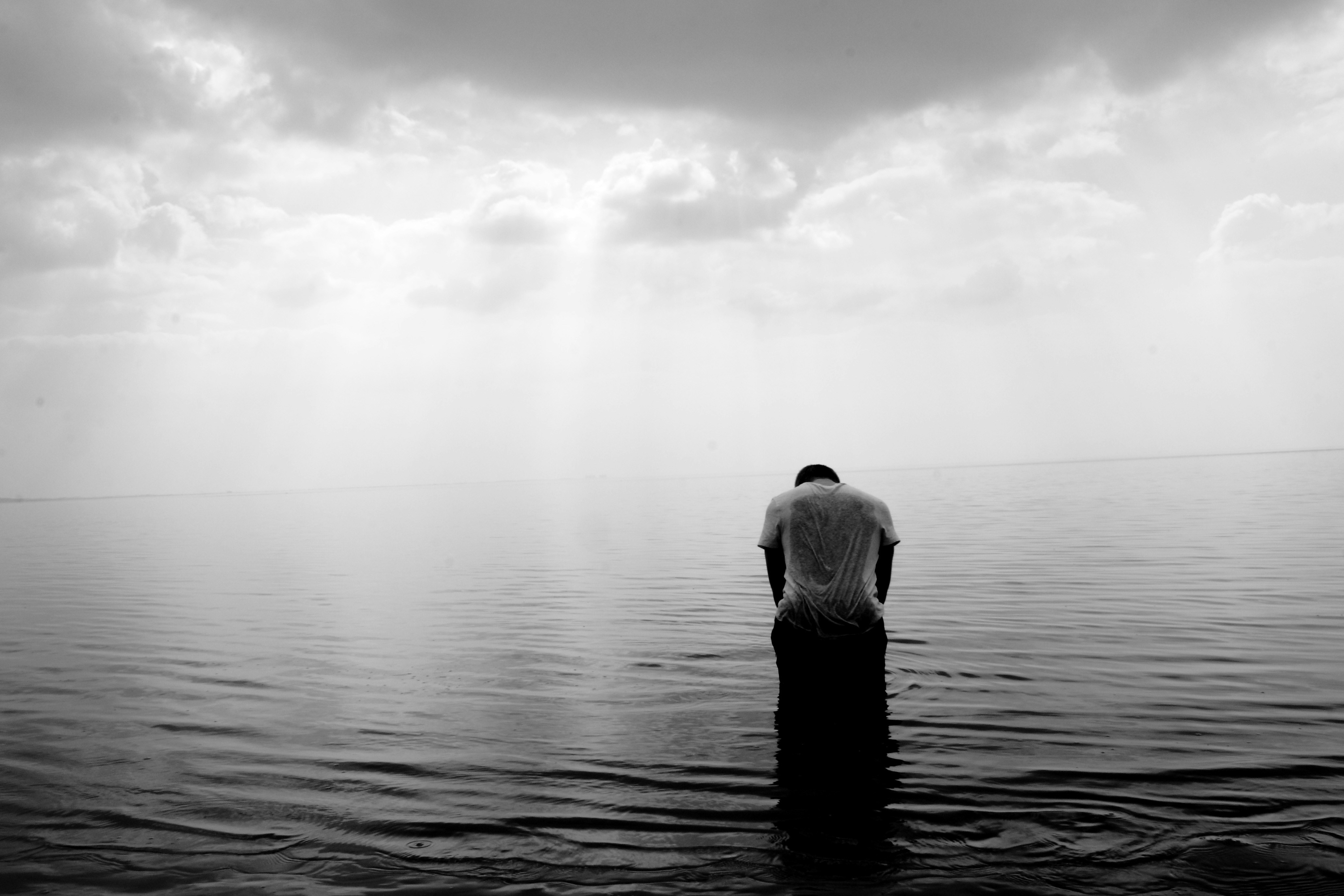Who is your ‘go-to’ person? When you need to work through your pain or a problem, who do you turn to? A friend or spouse, a clergy-person or coworker, maybe even a therapist? Thinking we have ‘it’ all together and having ‘it’ all together are two separate things. We may think that we can control our grief, our shame, our guilt, or our secrets by remaining silent, but naming any of these silences provides a different kind of control. If you’ve been hurt, either from the past or an offense this morning, acknowledging what happened to you gives you more power and more energy. Hiding our core feelings takes energy, which can lead to feeling shut down.“Ignoring inner reality also eats away at your sense of self, identity, and purpose” (Van Der Kolk, 2014, p. 235). It is imperative that you find someone with whom you feel heard and understood to share these struggles. Here are some ways to reestablish your feelings and begin taking control:
- If you’ve been hurt, name what happened to you.
- Tell your story to a trusted safe person.
- Write down and journal your inner feelings.
- Find a therapist who will help you explore those feelings. This will increase your self-understanding and could improve your physical and mental health.
References:Van Der Kolk, B. (2014). The body keeps the score: Brain, mind, and body in the healing of trauma. Penguin Books: NY.


